A Mumbai photographer travels to the Himalayas to document the descendants of Alexander the Great, and empowered tribal women of Odisha
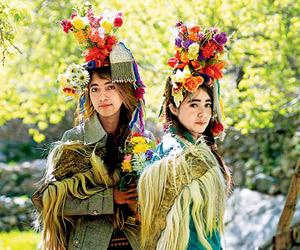
A Cluster of four hamlets sits quietly in the heart of the snow-capped Himalayas, about 130km northeast of Kargil in Ladakh. Called Dah, Hano, Garkon and Darchik, these secluded villages are home to a community of Dard people known as Drokpa (or Brokpa), who are recognised by their distinct features and attire — statuesque figures, green eyes, floral headdresses and fair complexion. For long, the community has claimed to be pure-bred Aryans, considering themselves the direct descendants of Alexander the Great's army, who stayed back after the Greek king abandoned his military campaign near the banks of the Indus in 326 BC.
ADVERTISEMENT
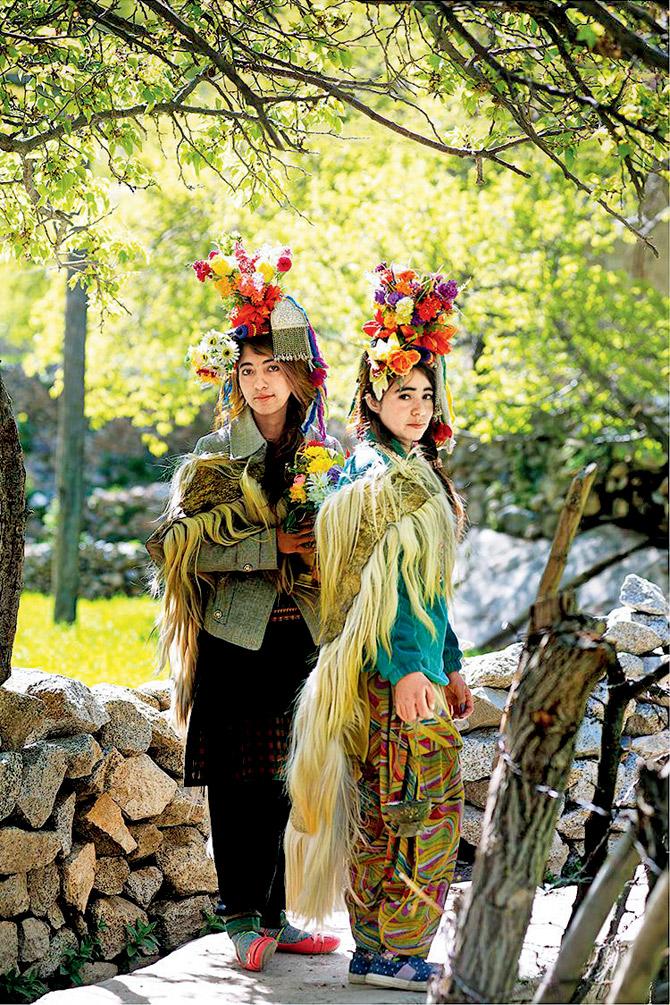
Drokpa girls in Darchik village near Leh
Meet the Drokpas
Without conclusive evidence, their origin remains mired in controversy. But the Drokpas continue to attract curious visitors, artists and scholars, making for the subject of films, articles and research — whether it's Chaitali Mukherjee's documentary titled Brokpa: The Outsider or anthropology professor Dr Veena Bhasin's 2008 study on the community's religious, social and medicinal practices. The research explains, "The Brokpa form a distinct cultural ethnic community having preserved in their language and social customs many archaic traits of their Aryan ancestors through endogamy and oral tradition."
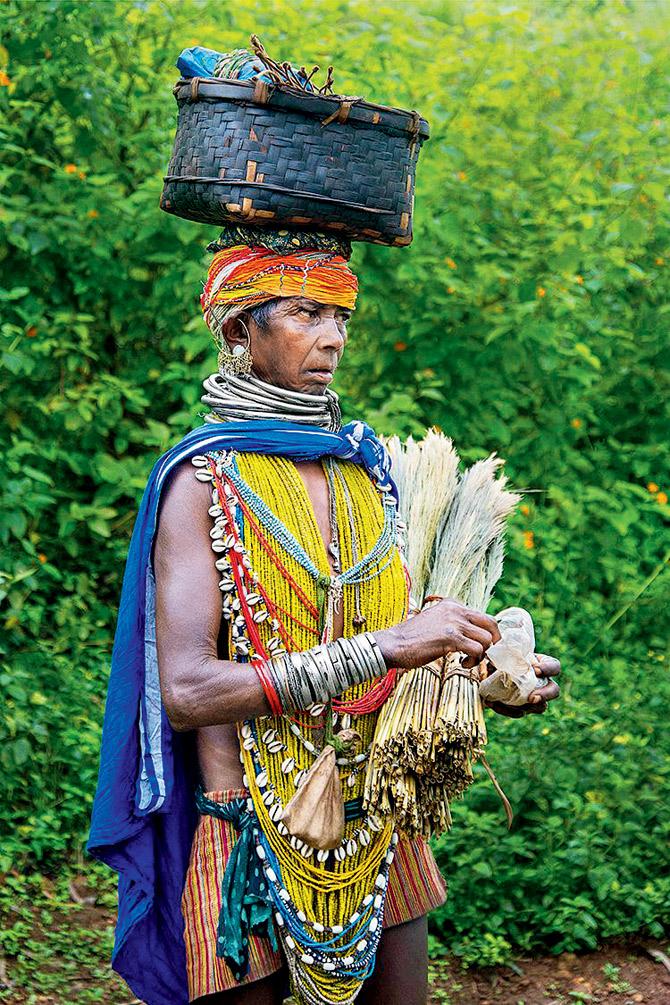
Bonda women in Odisha
Armed with this information, city-based photographer Devendra Naik travelled to the region in April to document the community. The portraits he captured during his fortnight-long stay in Darchik village have made it to an ongoing exhibition, Distinct Cultures: Lifestyle of our Ethnic Cousins. "There are roughly 2,000 inhabitants in the four villages.
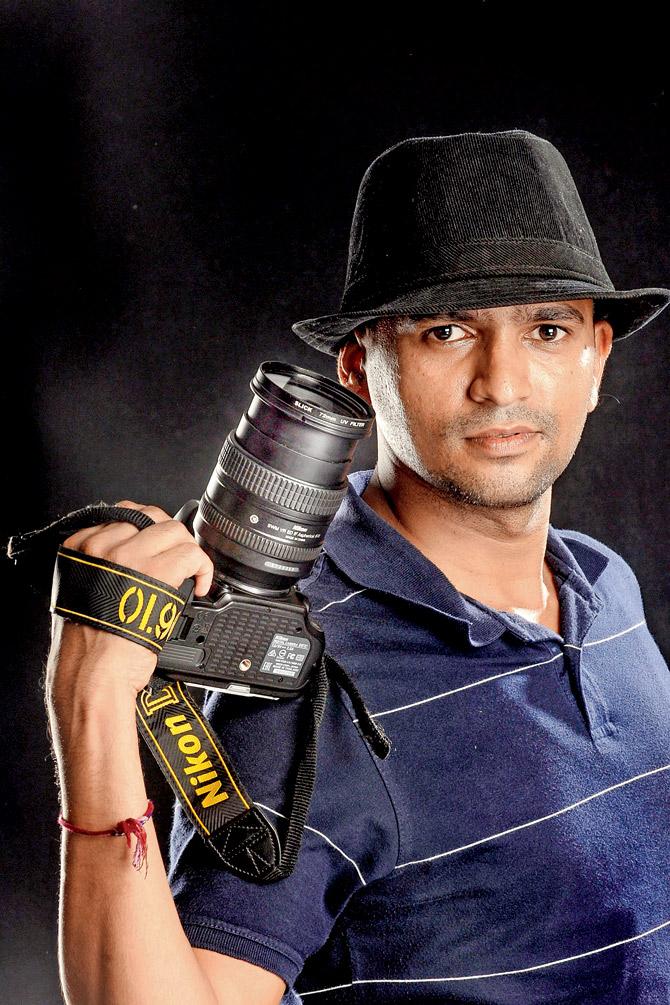
Devendra Naik
There's a view that they arrived here only a few decades ago from Gilgit in Pakistan but their houses I spotted were made in stone and looked ancient," says the 38-year-old photographer, who focussed his lens on the women of the community. They continue to wear traditional goat skin fur coats and metallic jewellery. "They also wear floral headgear since they worship nature and flowers. Some locals I spoke with shared that they had helped the Indian Army during the Kargil war," says Naik, who works at the Bhabha Atomic Research Centre (BARC) and has showcased Himalayan landscapes in his previous exhibitions, too.
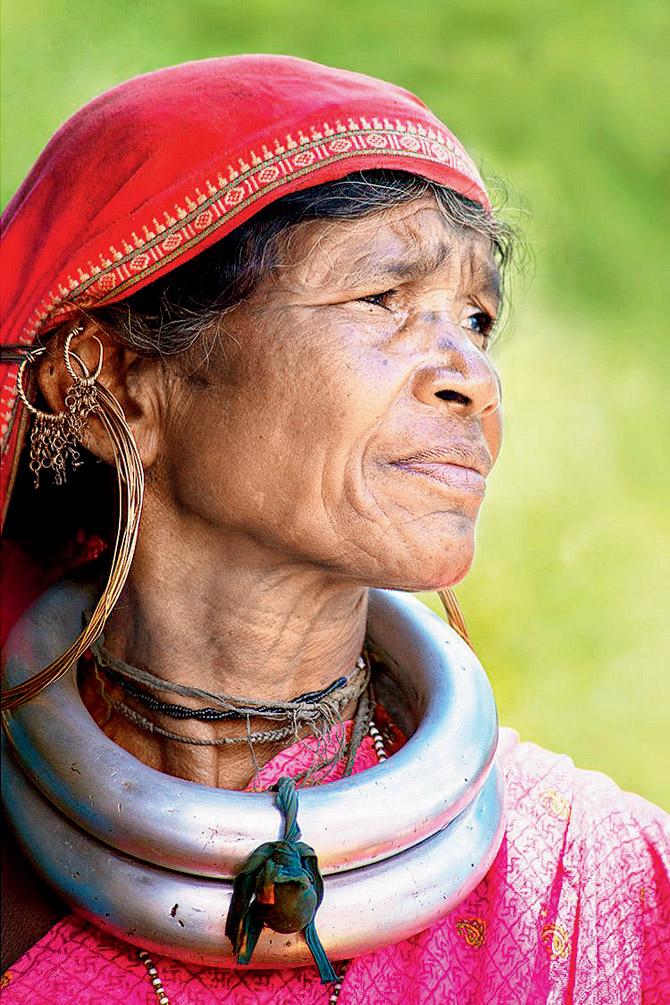
Gadaba women in Odisha
Odisha oeuvre
The exhibition also features portraits of women belonging to the primitive Bonda and Gadaba tribes in Odisha. While the former live in the hilly Malkangiri district, the latter inhabit the Koraput district. Both tribes are known for their distinct jewellery. While Gadaba women adorn themselves with metal chokers, Bonda women wear neck bands that resemble coils. "I realised that the tribal women enjoy more freedom than urban women. Some run the panchayat; and their opinion is sought in village matters. Among the Bondas, men have to pay a price for the bride instead of the other way around," says Naik.
Till : December 12, 11 am to 7 pm
At : Jehangir Art Gallery, Kala Ghoda.
Call : 9920430607
Catch up on all the latest Mumbai news, current affairs from Mumbai, local news, crime news and breaking headlines here
Download the new mid-day Android and iOS apps to get updates on all the latest and trending stories on the go
 Subscribe today by clicking the link and stay updated with the latest news!" Click here!
Subscribe today by clicking the link and stay updated with the latest news!" Click here!






